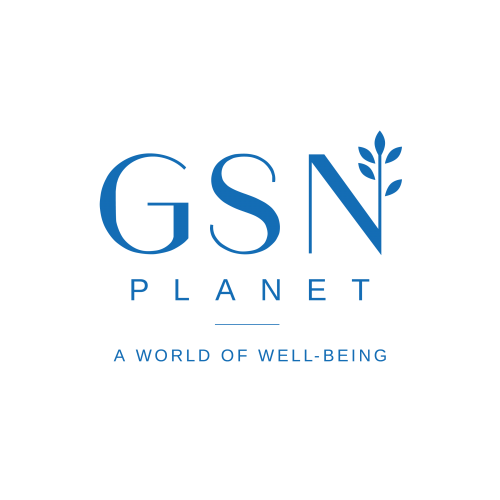 Install energy efficient lighting
Install energy efficient lighting
like halogen, CFL and LED light bulbs that can dramatically cut energy costs on lighting and air conditioning. Similarly, install low-flow faucet aerators to reduce water use by up to 50% and reduce water-heating needs as well.
 Provide skin care products free from toxic ingredients
Provide skin care products free from toxic ingredients
known to pose health risks, such as: parabens, petrochemicals, nanoparticles, and artificial coloring. Instead, look for products that contain natural, healthy, and ethically sourced and produced ingredients.
 Stop selling or providing water in bottles
Stop selling or providing water in bottles
Bottled water produces 1.5 million tons of plastic waste per year, and requires 47 million gallons of oil per year to produce, while only 20% of plastic bottles get recycled. A better option: Make water available for use with a recycled paper cup–or better yet, a reusable container. Make a concerted effort to reduce or eliminate the use of all plastic waste.
 Purchase unbleached non-chlorine paper products
Purchase unbleached non-chlorine paper products
Bleached paper products not only require large amounts of energy to produce, but utilize toxic chemicals that are slow to degrade in the ecosystem and negatively impact plants, animals and people.
 Recycle
Recycle
Provide clearly labeled recycled containers to educate your staff and guests. For the office – use refillable and recyclable toner or ink cartridges and rechargeable batteries.
 Precycle
Precycle
Reduce waste before you buy. When making purchasing decisions, consider the packaging; choose minimally packaged goods, utilize bulk purchasing options, recycled paper, and soy ink for printing.
 Avoid soaps and detergents that contain phosphates
Avoid soaps and detergents that contain phosphates
High levels of phosphates in water allows algae to grow unhindered, which can make lakes and rivers unsuitable for marine life and swimming, as well as contaminate municipal and domestic waste-water systems.
 Use alternative pesticides
Use alternative pesticides
Prevent pests naturally indoors and outdoors, while still slowing the natural ecosystem to still flourish. Think about using essential oils, like peppermint, clove, lavender and thyme to help keep away unwanted pests.
 Utilize non-VOC paints
Utilize non-VOC paints
Paints without Volatile Organic Compounds (VOCs) are less toxic, produce fewer odors, and are especially beneficial for clients with chemical sensitivities.
 Use non-toxic cleaning supplies
Use non-toxic cleaning supplies
Chemicals used in many cleaning products can cause irritation and illness.
 Use Public Transportation
Use Public Transportation
Encourage and incentivize your staff (and even clients!) to use public transportation and carpooling. Or try biking or walking — good for the environment and you too!



